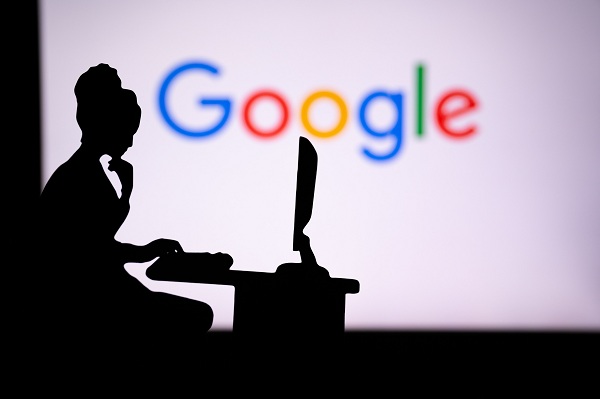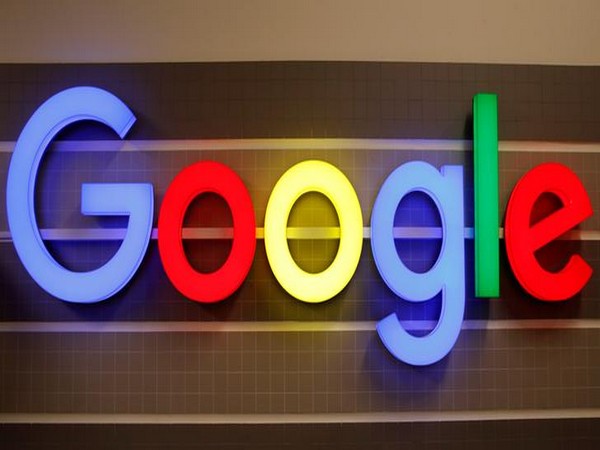HARARE, Zimbabwe — He was an unknown pastor, upset about the hardships of daily life in Zimbabwe.
But when he posted a protest video on Facebook, wrapping himself in the national flag, the Rev. Evan Mawarire became one of Zimbabwe’s first social media stars, the embodiment of widespread grievances against PresidentRobert Mugabe. His subsequent posts on Twitter helped set the stage for thebiggest protest against the government in a decade in the capital, Harare, in early July.
The Zimbabwean government, which had initially dismissed Mr. Mawarire, grasped the danger that the pastor — and social media — posed, potentially more dangerous than anything Mr. Mugabe had faced during his 36 years in power.
Responding with the same ruthlessness with which it had dispatched critics over the years, the government jailed the pastor, took him to court and told him to leave Zimbabwe.
The pastor, who fled with his family to South Africa and then to the United States, now says he is “definitely not going back to Zimbabwe anytime soon.”
“The government first treated social media with disdain and mockery,” Mr. Mawarire said by phone from the airport in Charlotte, N.C., where he was waiting to catch a flight. “But then, after people started getting galvanized and mobilized, they thought, ‘Wait a minute. This is real.’”
Rid of the pastor, the government soon began a wider crackdown on social media.
It raised prices on cellphone data, immediately curtailing the ability of opposition parties and activists to organize via social media applications like WhatsApp.
And it is pressing ahead with comprehensive legislation that would allow the police to intercept data, seize electronic equipment and arrest people on loosely defined charges of “insurgency” and “terrorism.”
Continue reading the main story
Continue reading the main story
Zimbabwe has joined a growing list of African nations that have curbed social media in the last year.
Fearing the power that social media gives to rivals, activists and ordinary citizens, governments in Gabon, the Republic of Congo, Chad, Uganda, Burundi and Ethiopia have switched off access to the internet for days or weeks, including during elections. Even Ghana, a standard-bearer for democracy on the continent, is considering restricting social media in elections next month.
The pushback comes as the use of social media continues to spread across the continent and tech companies increasingly look to sub-Saharan Africa for growth. With many Africans still offline, Africa has a large, untapped market, and is the continent with the world’s fastest-growing population.
Mark Zuckerberg, Facebook’s chief executive, paid his first visit to sub-Saharan Africa in August even as Zimbabwe and other African nations were moving to curb their citizens’ use of social media. Facebook and WhatsApp, which is also controlled by Mr. Zuckerberg, have become the favorite tools of many political activists.
In a two-day trip to Nigeria — Facebook’s biggest African market, with 18 million users — Mr. Zuckerberg met with young techies and stars of the Nigerian movie industry, known as Nollywood. The a tour was perhaps intended to charm ordinary Africans as much as alleviate the worries of their leaders.
Supa Mandiwanzira, Zimbabwe’s information technology minister, said the government’s proposed legislation, the Computer Crime and Cyber Crime Bill, was not meant to control people’s use of social media.
“The problem comes when you use social media to promote anarchy and civil disorder,” Mr. Mandiwanzira said in an interview. “That’s illegal, and legal consequences will naturally follow.”
But Nelson Chamisa, who served as the information technology minister during a coalition government between 2009 and 2013, said Mr. Mugabe’s government had shown little interest in the bill until the recent protests. Now, he said, the government is rushing ahead with a “reactionary, panic bill.”
“It’s a bill meant to try to curtail social media, which is a new flank, a new war zone,” said Mr. Chamisa, now a vice president of the main opposition party, the Movement for Democratic Change.

It was during Mr. Chamisa’s tenure, when his party oversaw the telecom industry, that the use of mobile access to the internet skyrocketed in Zimbabwe.
Chris Musonza, an independent technology expert, said SIM cards had sold for up to $180 before the changes carried out during the coalition government. Under Mr. Chamisa, the price of SIM cards dropped to 50 cents, and the use of cellphones spread quickly thanks to the removal of import duties and other policy changes.
In 2010, fewer than 5 percent of Zimbabweans had access to the internet, according to the government. In early 2016, nearly 50 percent did, with most people connecting to the internet through their cellphones.
That increase has profoundly altered the political dynamics. Social media made possible rapid and very cheap dissemination of information in Zimbabwe, where there is only one television network, the state-owned ZBC. More important, it allowed many Zimbabweans to freely express political opinions in a state where Mr. Mugabe’s ZANU-PF party has a long history of violently crushing any critics.
Zimbabweans first began using Facebook for those purposes around 2012. But it was the increasing popularity of WhatsApp in 2015, and its explosive growth this year, that brought social media’s power to the government’s attention. According to government figures, in late 2015, WhatsApp data bundles accounted for 34 percent of all mobile data used, with Facebook coming in second, with 3 percent.
Zimbabwean activists attribute the popularity of WhatsApp to the anonymity it gives its users. WhatsApp, which Facebook bought in 2014 and has more than a billion users worldwide, strengthened privacy for users in April with full end-to-end encryption, though many technology experts expressed worries last month after WhatsApp announced that it would start sharing data with Facebook.
“WhatsApp was a big game-changer — not even us users knew what it was doing in the beginning,” Mr. Mawarire, the pastor, said. He explained that the information shared in a single WhatsApp chat group tended to spread exponentially. “When I thought I was talking to a circle of friends, there was a huge, huge network of other people that fed off each of my friends,” he said.
The political parties seized on it as a way to organize.
“Social media platforms have made communication easier and cheaper for our party youths in organizing meetings at all levels,” said Mphehlabayo Malinga, ZANU-PF’s youth secretary for foreign affairs, accusing opposition parties of using social media “to fan violence and divisions in the country as they denigrate national leadership.”
Lovemore Chinoputsa, the secretary general for the Movement for Democratic Change’s youth wing, said Facebook remained popular in the cities where support for the opposition was strongest. But because WhatsApp requires less bandwidth, it is also used by people in rural areas — Mr. Mugabe’s traditional strongholds.
“Thanks to WhatsApp, we’ve been able to reach more and more people in rural areas,” Mr. Chinoputsa said. “It started last year, but the dividends are beginning to be realized now.”
In March, in an interview with ZBC on his 92nd birthday, Mr. Mugabe appeared to dismiss the online world.
“It’s an internet of dirty and filthy language,” he said. “I just hear these things as I am told by others. I have no perception nor any interest of wanting to have direct links with the internet.”
But in the following months — as Mr. Mawarire exploded onto the political scene and opposition parties organized protests through social media — the Zimbabwean government responded. On July 6, as the capital became a ghost town in the biggest day of protest in a decade, access to social media was interrupted for several hours.
The government, which denied cutting service, warned that people using social media to spread “subversive” messages would be arrested. A month later, without any explanation, the government suspended data bundles, making it more expensive for people to use WhatsApp and other social media on their phones.
“We noticed the change immediately,” Mr. Chinoputsa, the opposition official, said. He estimated that communication with supporters has gone down about 20 percent.
The crackdown on Mr. Mawarire and social media has had a chilling effect, activists said. Ordinary Zimbabweans, who participated in the protest on July 6, have stopped joining protests since then, lessening the pressure on the government. Recent protests have been led by a few hundred activists and opposition party supporters.
“What we can do on social media is vent our anger and displeasure,” said Patson Dzamara, 30, a prominent activist whose brother, Itai, also an activist, has been missing for the last year. “But that’s not enough. We have to take the fight into the streets and tell the government, ‘Bring it on.’”
Mr. Mugabe, ever the survivor, has awakened to social media’s political promise.
“Our youths,” Mr. Mugabe told a ZANU-PF youth group in September, “should use social media to defend the party and promote the party.”






